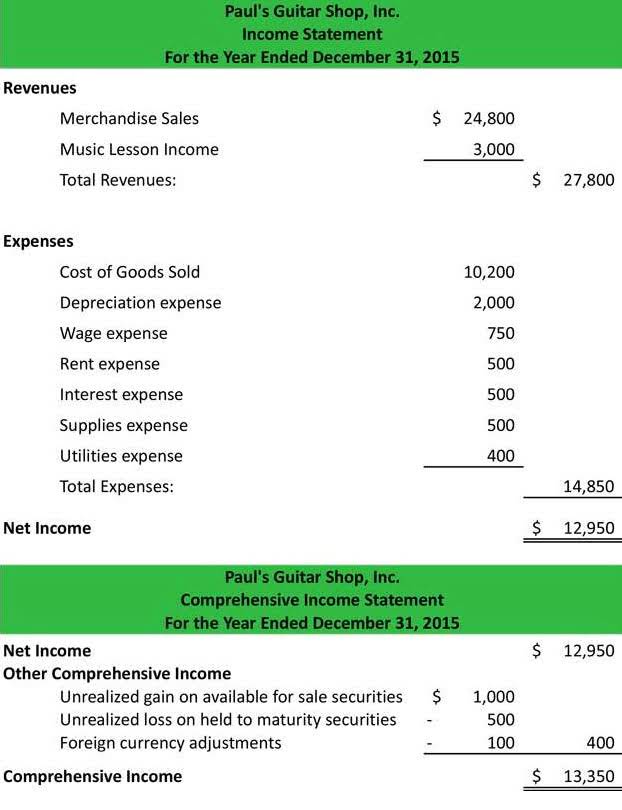
For straightforward tax matters, an EA’s specialized expertise in tax laws and IRS representation may be more suitable. On the other hand, for intricate financial situations that require a broader understanding of accounting practices and financial planning, a CPA’s diverse skill set may be more advantageous. Certified Public Accountants, while also capable of representing clients before the IRS, offer a broader range of services that extend beyond tax representation. CPAs are trained in financial accounting, auditing financial statements, and business tax returns, which positions them as valuable advisors in both tax and non-tax matters. Choosing between an EA and CPA certification also depends on the career opportunities and flexibility you seek. EAs are tax experts who can represent clients before the IRS, making them highly valuable during tax season.
- On the flip side, if you just need basic tax filing or IRS representation, an Enrolled Agent (EA) can be a cheaper and more tax-focused option.
- The demand for tax professionals in educational roles, such as tax instructors or educators, underscores the broad career prospects for both EAs and CPAs.
- Tax consultants typically have more education, offer broader services, and command higher fees for their expertise.
- You may not need to take on the cost of hiring a tax attorney if all you need is help in filing your tax returns.
- Their extensive education and licensing requirements ensure they’re well-prepared to tackle various tax needs.
Tax or audit: How to choose
CPAs who specialize in taxation may offer preparation, planning or consulting services. CPAs have unlimited representation rights in front of the IRS — a key difference from an uncredentialed tax advisor or consultant. A CPA is a type of credentialed accountant who may specialize in tax preparation and has unlimited representation rights in front of the IRS.

CPA education and training
Tax preparers, conversely, aren’t required to complete a college degree in any field. Depending on the type of tax preparer you choose, the position may require different certifications and have varying degrees of representation rights. Every CPA has an 18-month period to pass AICPA’s four-part exam, which covers auditing and attestation, business concepts, accounting and reporting and regulations. Once the exam is passed, the accountant applies to their individual state for licensure.

When to Hire a Tax Attorney

You can also check cpaverify.org, which is a free resource with information from state boards of accountancy. In addition, using a local CPA or tax attorney with a good reputation in your community can provide peace of contribution margin mind and assurance that you’re working with a competent and trustworthy professional. You can also ask for referrals from friends, family, or colleagues who have worked with them before. One question that many people ask is “Should I hire a CPA or tax attorney near me?
- Although they both fulfill distinct financial needs, an accountant and a tax advisor are definitely not the same.
- We’ll define each role, highlight the critical differences, and suggest the scenarios in which one might be more suitable.
- A tax preparer usually handles basic tax filings, while a CPA offers a wider range of services.
- However, once a decision is made, an attorney is often brought in to help with the legal process of filing the proper paperwork.
- Below, we break down the key differences between a tax preparer and CPA to help you determine which path suits your needs best.
- Attention to detail, ethical standards, and continuous learning are essential.
Ⓒ 2025 Pace & Associates, CPAs, LLC – All Rights Reserved

Whether you need a CPA or tax attorney to help with your particular situation, it’s important to find the professional who will work best with you. For instance, when hiring a CPA, look for someone who works with clients in financial situations similar to yours. Make sure you understand what they will require from you and that you feel comfortable speaking with the CPA about your personal or business finances. Often, you’ll hire a tax consultant vs cpa CPA to work with you for many years, so you’ll want to pick someone you trust.
Choosing the right tax professional can save you money, protect your assets, and keep you compliant with tax laws. If you need a tax attorney, don’t hire an enrolled agent or Remote Bookkeeping a CPA and vice-versa. A CPA or an enrolled agent is great if what you’re looking for is help in the areas of tax planning and filing of returns.